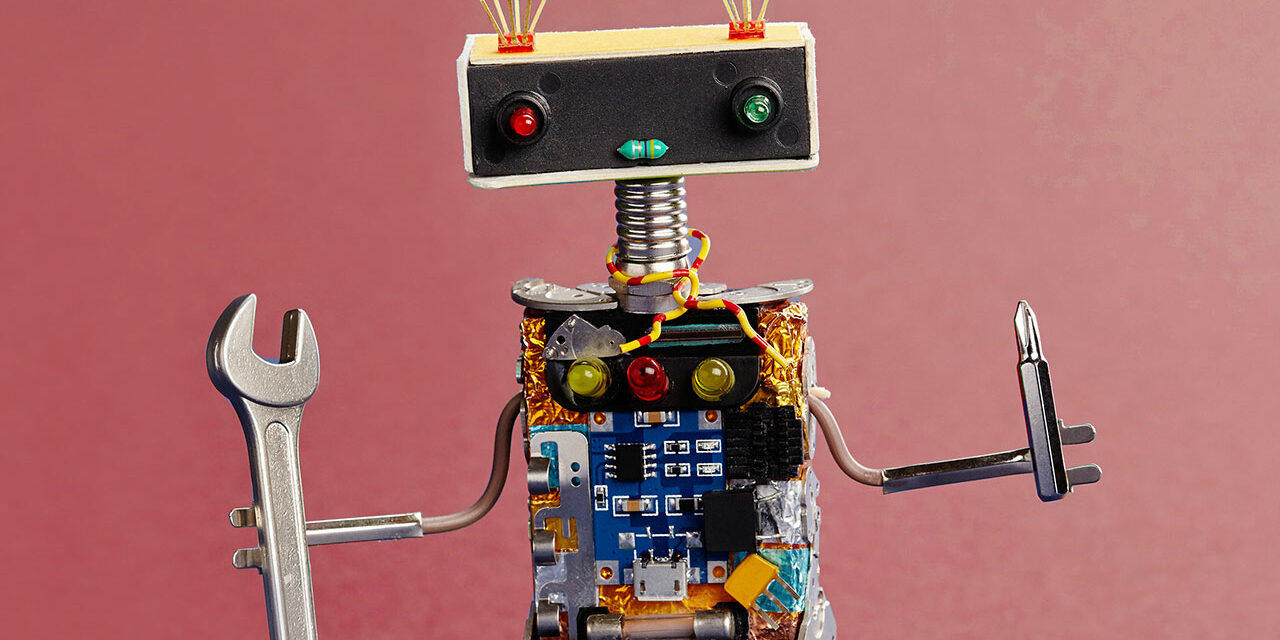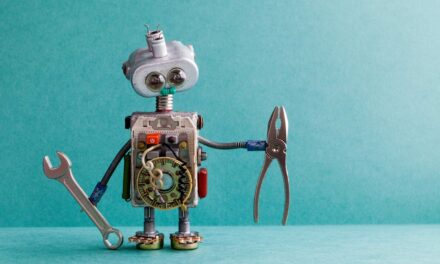Artificial intelligence, hereafter simply referred to as AI, has evolved momentously over the last decade. But just in the last 6 months, these leaps have been gargantuan.
As the discipline relies on data processing, it’s not surprising accounting professionals have been particularly vocal about the advancement of AI (and machine learning) for many years.
So now, in 2023, when we have ChatGPT at our fingertips, and AI-generated art splashing social media (in what we can genuinely call a new epoch of AI evolution) the question begs louder than ever: how do these advancements affect the accounting industry?
How did computerised automation start out in accounting software?
Initially, we saw automation start to enter the arena after QuickBooks (one of the first commercially accessible computerised accounting systems that made automated calculations) launched in 1998.
Then jumping forward to the year 2000, we began to see the beginning of automation in accounting systems –optical character recognition. But is OCR true AI? It’s arguable indeed, but OCR signalled the onset of machines reading text from receipts, creating data, and then making use of it to streamline processes.
Systems quickly became able to skip manual data entry (performed by people) and instead, sought to automate such work.
AI starts to really take root in accounting.
Today, many small businesses and accounting professionals access and enjoy automations such as eInvoicing, reconciliation, predictive analysis, bank data feeds, and a growing number of digital features inbuilt into accounting software of every ilk.
Enter… AI and robotic process automation.
Inputting details from scanned receipts and invoices and analysing expense reports, at present, in the accounting discipline, AI is commonly deployed to undergo repetitive motions, including data recording, sorting and matching, along with book reconciliation.
While AI is already being deployed in these accounting processes, it won’t be long before more sophisticated robotic systems will be commonly used to perform complex predictive analytics and make precise deductions from ‘big data’ sets.
Will accountants be replaced by artificial intelligence?
This all depends on how you want to frame ‘accounting’, ‘accountants’ and the processes or tasks we see as comprising the profession. Of course, the advisory aspect of accounting is aided by accounting software, not defined by it.
However, if you’re in the business of preparing tax returns, doing basic bookkeeping, or data entry, change may well be on the horizon.
AI is already well ingrained in many of the more complex accounting systems—especially those wielded by larger accounting firms.
Proper accounting requires ethics and a human touch
While automated accounting, AI and predictive analytics will continue to leap forward, accounting people should never fear being superseded by a bot! Considering ethics and lateral thinking – which just can’t be replicated by computers – the human component in accounting is essential and enduring.
This mostly comes down to the human elements of creativity, interpretation, business consultancy, client experience, and goal setting.
An accounting system (however replete with powerful AI and automation) will never be able to replace these human elements. While automation will continue to balloon, and roles change – businesses and their owners will always need an experienced advisor at the helm to bridge the gap with humanity.
Big data signals major change
While accountants, advisors, and bookkeepers as we know you today will remain the ‘brains behind the operations’, we certainly expect to see more data being processed by AI automation.
We won’t have to wait long to see ‘big data’ sets easily processed with richer meaning extracted.
How will this impact the accounting profession? It’s simple. Accountancy roles will evolve to become the human face behind an increasingly large set of data. In other words, the meaning behind the data will remain to be communicated and interpreted by us, as humans.
Despite technological advancements that may excite or equally unnerve, the future of the accounting profession is as bright as ever. The value of the services provided by advisors and accountants will be so much richer, that these roles will remain vital.







